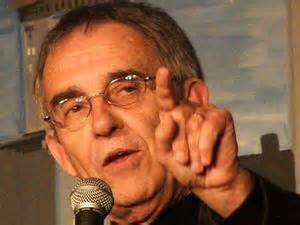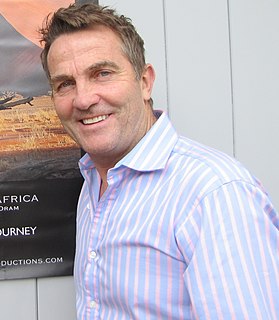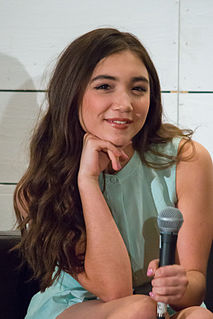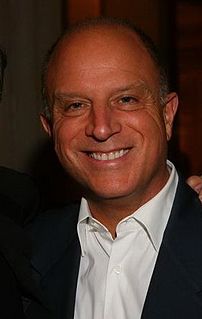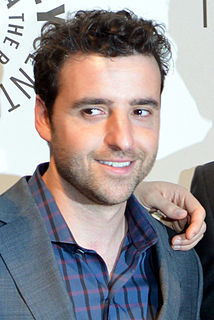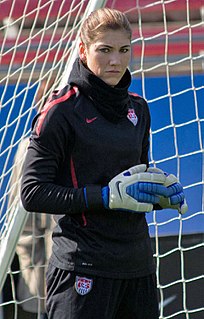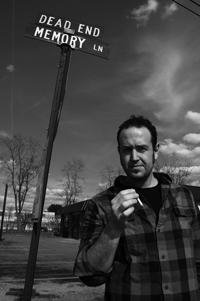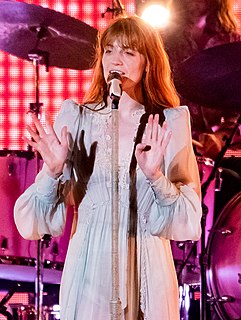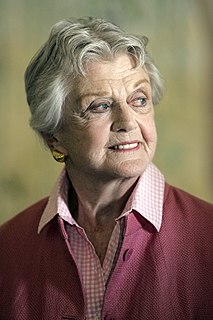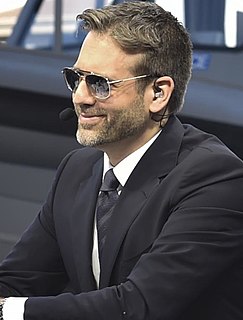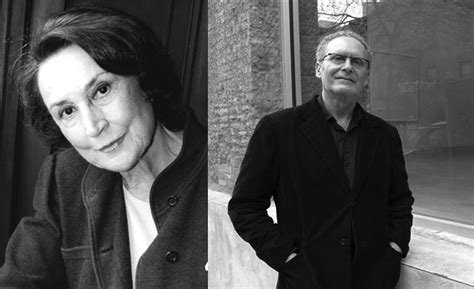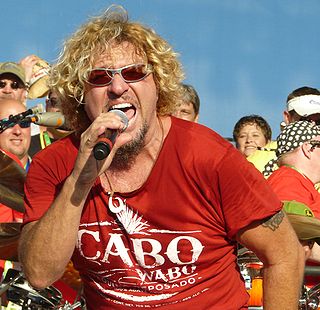A Quote by Hilary Hahn
The encore should wrap up the audience's experience of the piece you just played.
Related Quotes
The biggest piece of advice I would give to other women and girls is that it's really hard, and I feel like we're promised in like these phrases like, "Never give up," and stuff like that, it's going to be easier if you just listen to them. In my experience, and I think the experience of my friends and other women around me, it's a lot - you have to do a lot for yourself because the world isn't as friendly to women and girls as it should be, and it's not as helpful as it should be.
In this case, I don't know why they [Seth Rogen and Evan Goldberg] thought I would be a good lavash wrap or I would do a good Middle Eastern accent. They just assumed I would. They called one day, and they're like, "They're doing this read-through for Sausage Party, and you're going to play a lavash wrap in it." After I looked up what a lavash wrap was, I was like, "Oh, cool."
That authentic experience that happens both in the artist and in the audience you can classify as a mystical experience. You can classify it as aesthetic shock, or even a psychedelic experience. Some people seek to recreate that experience through drugs. But the other way that you can do it is through art, and through spectacle. We have those experiences when we go to rock shows, or when we listen to a piece of classical music, or read a particular poem, or see a painting.
You learn a great deal that you can feed into your craft which gives you the experience that you actually need later on, when you start to get the really great roles. You've played that part to a certain degree in that picture, and you played that one in that, and so on. You add it all up, and you have that experience.
People should go to the works and experience them. Because just having an idea or picture in mind is absolutely not the experience that's necessary. Even just landing in Albuquerque or Salt Lake City or Las Vegas was immediately part of the experience. And then you'd get in a car from the airport and take these very long trips - in Michael Heizer's case, it was three hours by car to get to his work. And then there's walking around and into the piece and seeing it from different angles. The kinetic experience of being a part of it physically was very important for me.


